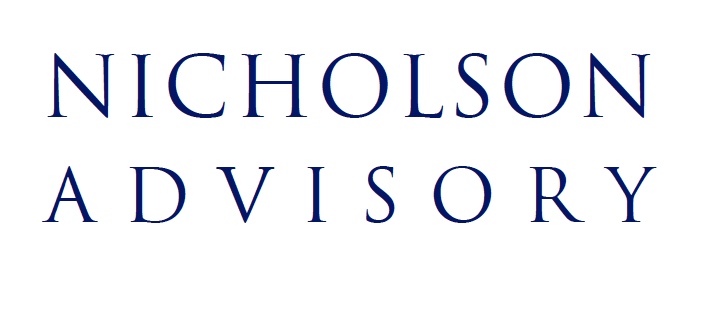How Lovely a Country This Is -- Part II
/Part Two of the article on the history of the little-known visit of Grand Duchess Victoria Melita to the United States in 1924.
Part two focuses on the actions and the activities of the Grand Duchess as she visits New York, Philadelphia, and Washington DC, and the news of growing emigre conflict over her visit from Europe. As she arrives in Washington DC, this politicized disinformation from abroad becomes a distraction against which the Grand Duchess must fight.
From the article:
The following day, the Grand Duchess was taken on a tour of Philadelphia, but mostly, the press noted her elegant clothes and comportment, rather than her impressions of the city. The press commented on her Romanoff heirloom jewelry, fur-trimmed brown suit and matching brown shoes with sensible heels. It noted that the pale blue accessories worn with her brown ensemble matched her eyes, “the same color as those of her cousin, the Prince of Wales’.” Despite a degree of confusion over her title (Philadelphians were not really sure whether she was an empress, a grand duchess, a princess, or “the Queen of Russia”), her important status was acknowledged by the people of the city.[14] The Grand Duchess left Philadelphia for Washington, and one may presume that she and her party were in high spirits. Press reports do not indicate anything other than smooth sailing, until the Grand Duchess arrived in Washington. As the Grand Duchess and her party made their way towards the nation’s capital and the very large events there planned by Mrs. Lansing, word may have come to the party that all was not well in New York.
On the eleventh, a piece was published from Paris via the Chicago Tribune which ran in the New York Times, claiming that 300,000 émigrés had sworn to back Grand Duke Nicholas, and that the remains of the Russian Imperial Army had sworn loyalty to him. The article further went on to outline Grand Duke Nicholas’ plans to create a constitutional assembly, and to list the names of the organizations that supported him, including the Union of Russian Officers Abroad, and the Monarchist and Nationalist Union. The article roundly denounced Kirill and his claim, and made particular note of the fact that the Parisian papers were full of scorn for the important reception currently being offered Grand Duchess Kirill in the United States, particularly papers which referred to her as the Tsarina. The article made it clear that while Grand Duke Kirill had the better and only legal claim to the throne, he was “profoundly unpopular” and that most émigrés had thrown their support behind Grand Duke Nicholas, including General Baron Wrangel. All of this information in the Times appears to have little corroborating support in European papers of the time, indicating that it may, in fact, have simply been a reprint of a propaganda leaflet printed in Paris at the time, sent to New York by supporters of Nicholas [15]


